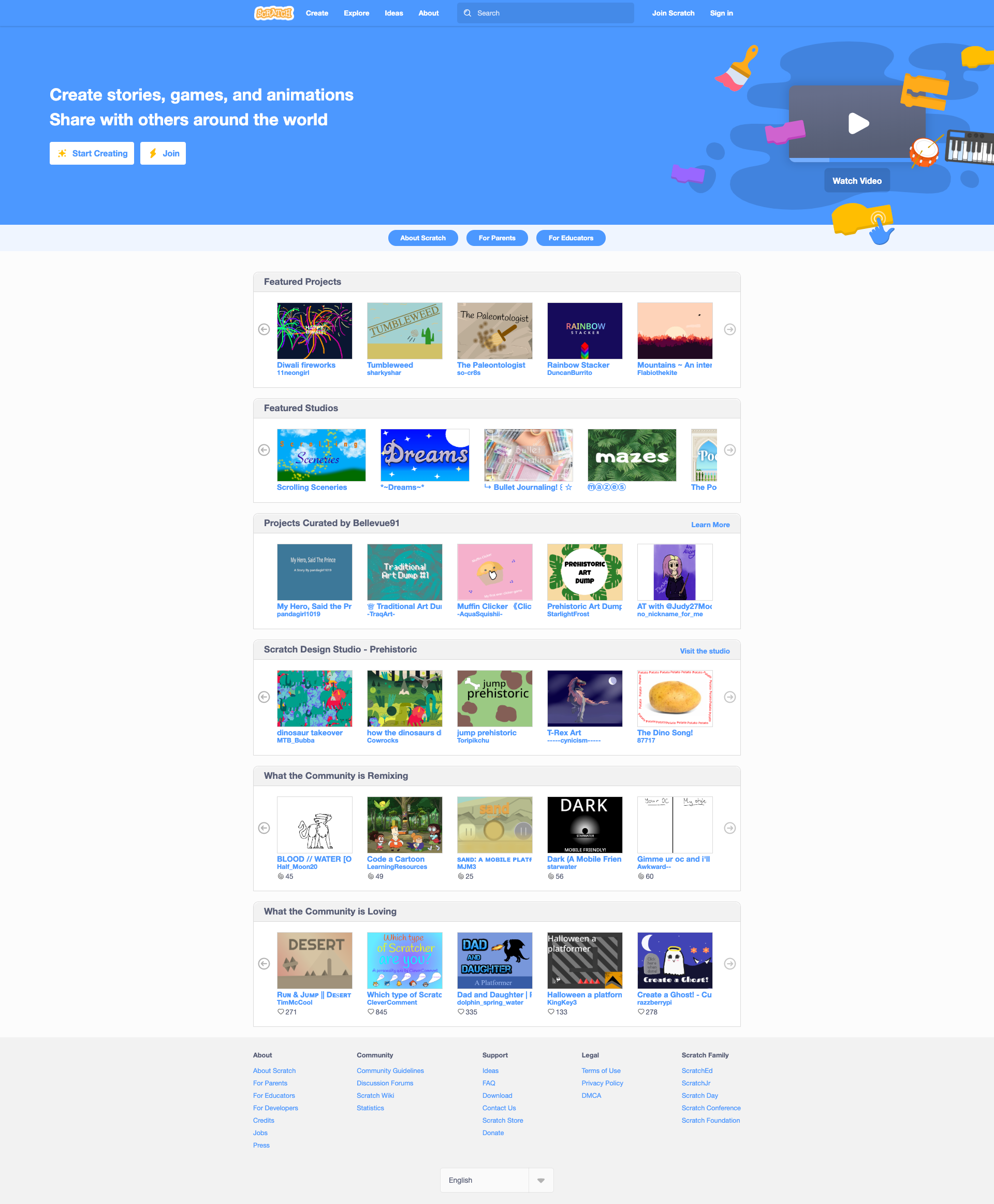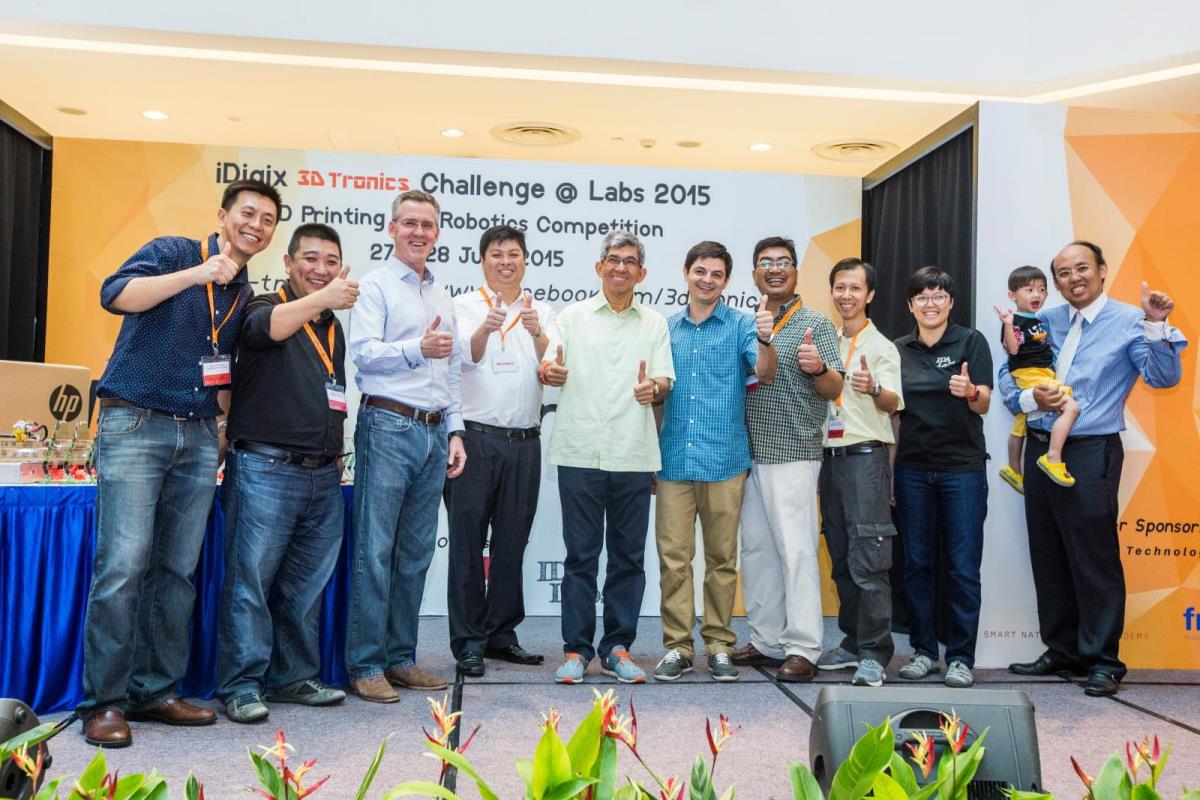EPC Education is a provider of ENGINEERING PLUS CODING and computational & design thinking programmes for primary, secondary and tertiary students in Singapore.
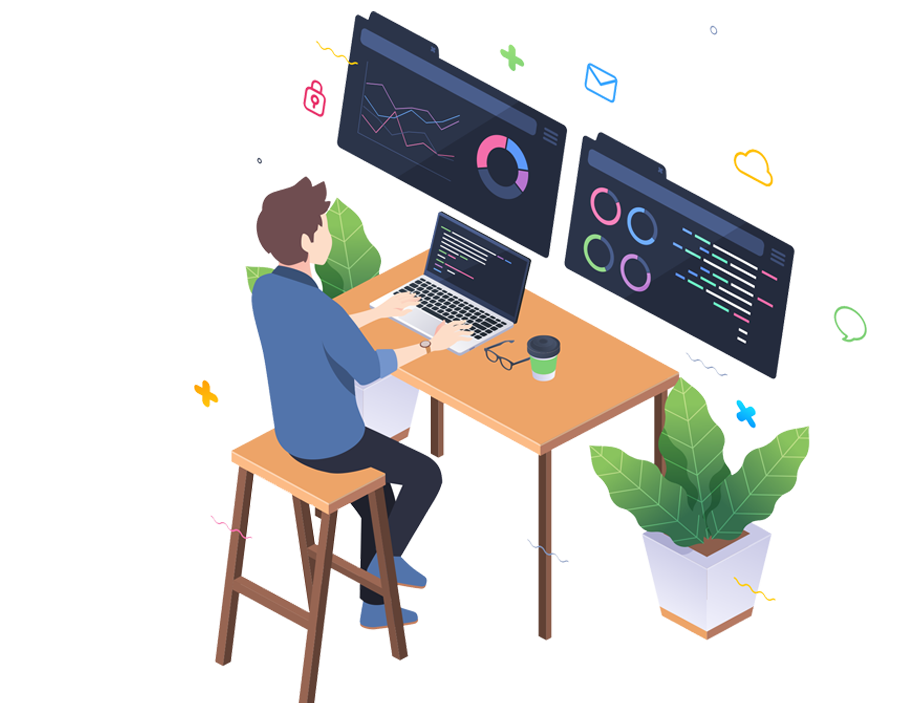

We develop our unique STEAM based learning that involves Computational Thinking Skills, Design Thinking Skills while developing important 21st Century Competencies
We have developed curriculum for different age group to ensure gradual advancement. From early-childhood learning to late-adulthood learning.
Our recommended learning products, micro:bit and S4A Arduino are affordable and easily available to the masses.
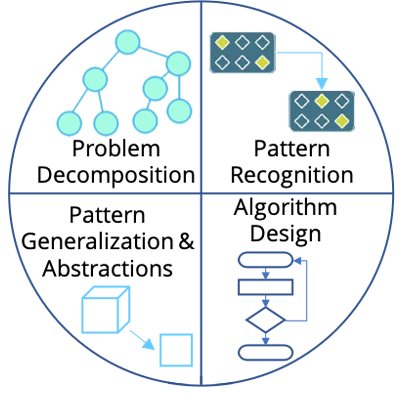

Computational Thinking (CT) involves a set of problem-solving skills and techniques that allows people to write programs that underlie the computer applications to solve real-life problems.
Design thinking is a way of thinking which pupils will acquire over time as they immerse in the design process. It is an amalgamation of thought processes that engage pupils as they seek solutions based on thoughtful consideration of user, functionality and environment.
It is the vehicle for designing to create change so as to affect empathy, practicality and appropriateness in everyday life.
As a way of thinking and doing, it focuses on creating solutions using appropriate technology for purposeful intent. This involves rational thought processes and intuitive responses that are nested within a holistic fabric of analytical, creative and critical thinking.
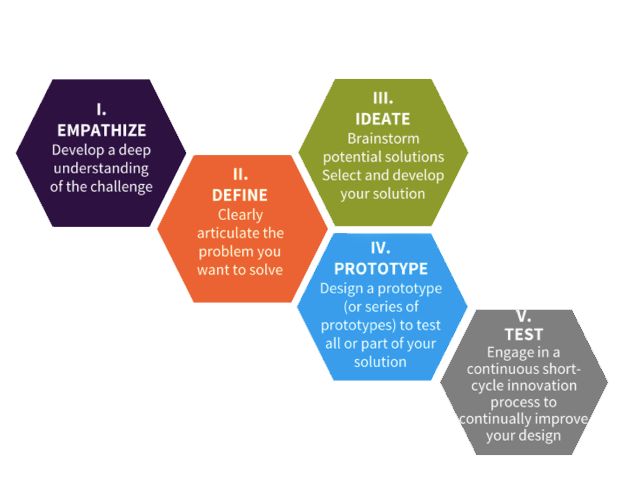

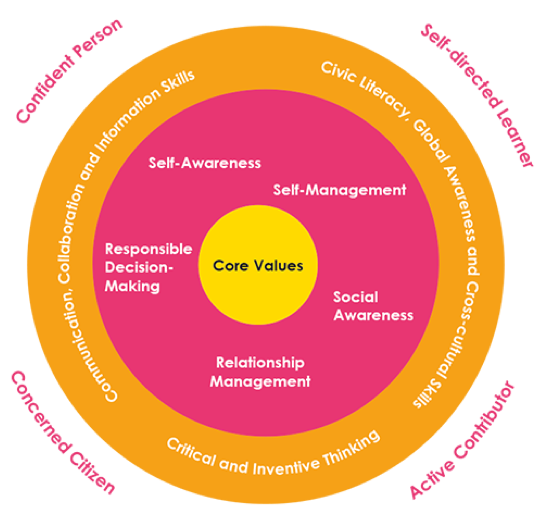

Through computational and design thinking, students will also develop important 21st century competencies that will prepare students to face challenges and seize opportunities brought about by globalization, changing demographics and technological advancements and to allow them to thrive the a fast-changing world.
These competencies, identified by the Ministry of Education of Singapore are represented in the following framework and they underpin the holistic education that better prepare students for the future.
Our curriculum, developed since 2014, ranges from 2 hours to 60 hours depending on the school’s requirements and also the type and amount of prior exposure students had previously gone through.
Through actual students and teachers feedback, we have constantly worked on and improved on our curriculum to make it more hands on and fun for the students, allowing the students to easily understand the computational and design thinking concepts and also collaborate with other students on projects together.
1. Exploration Class (3-4)
2. Experience Class (4-5)
3. Maker Class (5-6)
1. Elementary Coding
2. Elementary Maker
3. Elementary Robotics
1. Intermediate Coding
2. Intermediate Maker
3. Intermediate Robotics
1. Advanced Coding
2. Advanced Maker
3. Advanced Robotics
Our recommended learning products, micro:bit and S4A Arduino are affordable and easily available to the masses. We make use of recycled cardboard materials as our building material because it is easily accessible, safe to work with and is also sustainable.
Learning PLATFORMS
With Scratch, you can program your own interactive stories, games, and animations — and share your creations with others in the online community.
Scratch helps young people learn to think creatively, reason systematically, and work collaboratively — essential skills for life in the 21st century.
Scratch is designed especially for ages 8 to 16, but is used by people of all ages. Millions of people are creating Scratch projects in a wide variety of settings, including homes, schools, museums, libraries, and community centers.
The ability to code computer programs is an important part of literacy in today’s society. When people learn to code in Scratch, they learn important strategies for solving problems, designing projects, and communicating ideas.
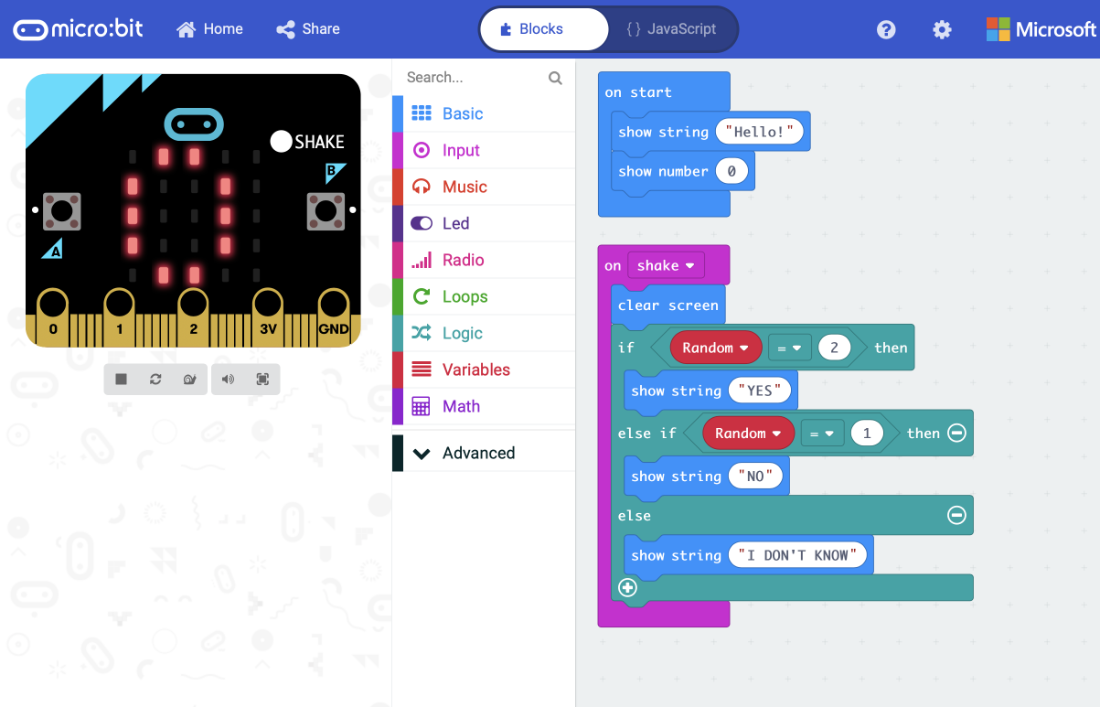

Learning PLATFORMS – Coding platform
Micro:bit’s new JavaScript editor makes it easy to program your micro:bit in Blocks and Javascript, along with great new features like peer-to-peer radio.
Powered by MakeCode.
With its easy to use drag and drop coding functions, it is specially designed for students who has little or no prior block-based coding and microcontroller training.
In addition, it can teach students on simple coding basics such as Repeat, While and For Loops, If-Else Statements, Boolean Logic and Variables.
Learning PLATFORMS – Coding platform
Similar to the Microsoft MakeCode platform, it uses simple drag and drop coding functions which makes it easy for students who has little or no prior block-based coding and microcontroller training to pick up.
In addition to simple coding basics such as Repeat, While and For Loops, If-Else Statements, Boolean Logic and Variables, it also teaches how to use Serial Outputs and Controlling Pin Function.
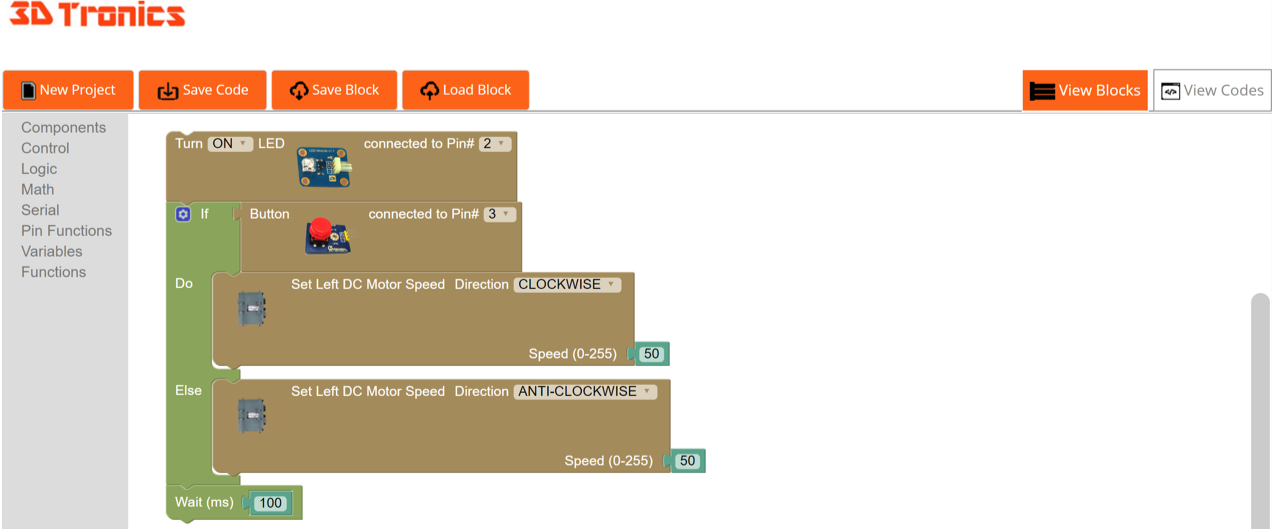

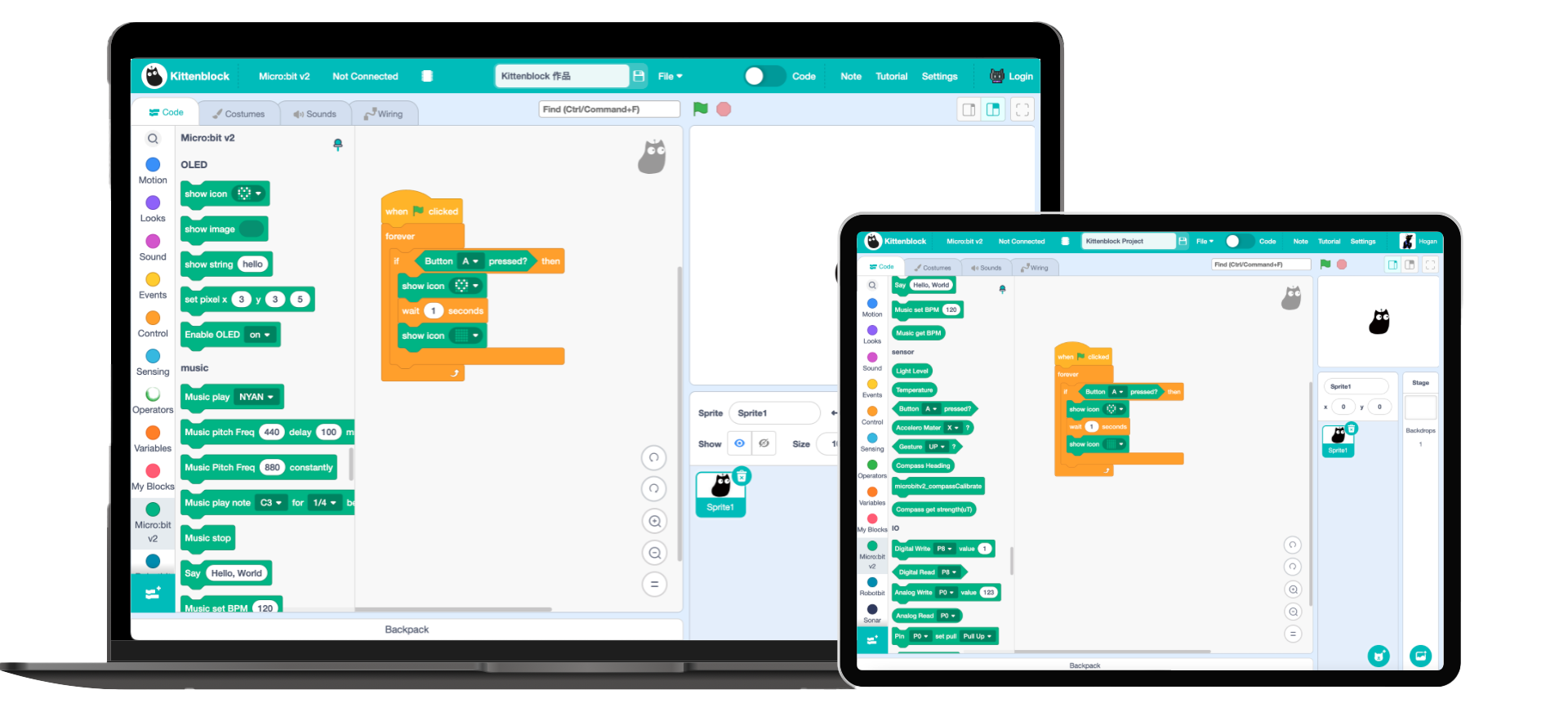

Learning PLATFORMS – Coding platform
Kittenblock is a graphical programming software based on Scratch 3.0, and designed by Kittenbot. It support most popular open-sourced hardware, such as micro:bit, Arduino, Meowbit, ESP32, ect.
Besides it help kids to learn AI With its powerful functions, the cumulative number of users as of the 1st of January 2023 was over 40 million.
With the world moving so fast with technology, we have decided to make it more exciting for the everyone, by creating a challenge that encourages the combination of robotics and 3d-printing to design a model that can perform a certain task.
This competition encourages students to think out of the box, develop problem solving skills and applied learning science skills. It also allows team spirit among participation and learning through meaningful experiences.
This challenge is designed to enable students to hone their skills in robotics programming, as well as to learn how 3d-printing technology can come into place to solve or enhance the design of the robot and performance function. In addition, the theme of “Upcycling” is introduced for 2016’s competition. Teams can also put their creativity to test by making use of recyclables to build their robots, transforming the recycled or unused materials at home into other useful applications.
Joinly Organized by:
The 3D-Tronics National Infocomm Competition (NIC) is an annual competition platform organised by Zenitant Pte Ltd, IMDA, Institute Technical Education (ITE), Tinkertanker and Micromaker for students to showcase their skills in making and programming, as well as to learn how they could use design and computational thinking to enhance the design/performance of their prototypes. The 2019 challenge was held on 18th of May 2019 at Suntec City Convention Centre.
In addition to trophies, the top 3 winners of each category had won attractive prizes.
The objectives of the competition are:
To nurture a new generation of students and makers with a passion to create with technology.
To grow a community of digital creators and embrace a culture of innovation and co-creation.
To stimulate students’ interest in science and technology particularly in Making, Coding and how they could use design computational thinking skills to enhance design/performance of their prototypes.
To encourage students to be creative by using the various platforms such as electronics, coding and design/prototyping to find solutions in the real world.
To create and spread awareness of making, coding and design/prototyping among students and the public.
EPC Education is a provider of ENGINEERING PLUS CODING and computational & design thinking programmes for primary, secondary and tertiary students in Singapore.
Our vision is to be the global technology training and consultancy company most admired for its people, services and dedication to provide easy access to coding training for all.
We want to raise the awareness and interest in Engineering Plus Coding in all students, to have affordable hardware and software readily available to the masses and to cultivate an ecosystem of technically savvy professionals in multi-diverse industries.
Stephen has a Master degree in Management Business in Information Technology (Royal Melbourne Institute of Technology) and an Advanced Diploma in Software Technology (Singapore Polytechnic). Moreover, he also holds an Advanced Certificate in Training and Assessment (ACTA) qualification.
Stephen is a veteran of the software industry with more than 30 years of experience in various functions including Application Development, Project Management, and Research and Development.
Stephen is a professional ICT consultant and trainer. He has developed lesson plans and scheme of work for ICT training programs (learners from children to senior citizens) and conduct training program according to the ICT curriculum. In addition, he also conduct Employability Skills WSQ (Singapore Workforce Skills Qualifications) Courses – Info Technology. These range of courses are specially tailored to equip learners with the technological skillsets with Singapore Smart Nation agenda in mind.
Ferris graduated from Ngee Ann Polytechnic with a Diploma in Electronic Engineering in 1987. He served his National Service as a Senior Technician in the Republic of Singapore Air Force and left at the end of his six‐year contract in 1993 to join DSO National Laboratories where he worked for almost 20 years.
In 2013, Ferris founded 3E Gadgets Pte. Ltd. to provide customized engineering solutions. Completed projects include exhibitions and interactive retail showcases that can be found in Changi Airport and Singapore Science Centre. The company also conducts customized electronics and robotics workshops teaching participants to create their own electronic gadgets. Both these core services are evident in the IMDA Labs project in June 2014 when the company produced Singapore’s first locally designed and manufactured Arduino compatible board, the SGuino, meant for training purposes.
Ferris is a practitioner who preaches what he teaches. Concept being taught in his experiential workshops are always associated with real‐life examples of electronics and mechatronics systems that he designed and built for commercial clients.
Gerald, who holds a Degree in Computing from Monash University, Australia is a certified Microsoft Innovative Educator has more than 12 years of experience managing IT projects in MNCs, SMEs and enrichment programmes.
Gerald is also the main curriculum developer and master trainer for the Code for Fun programme initiated by IMDA and MOE since 2015. He has taught both robotics and microcontrollers programmes to students from over 40 schools since 2015.
Gerald will be responsible for the quality of training and ensuring any feedback from students and teachers are dealt with promptly.
Company Name: EPC EDUCATION PTE LTD.
Company UEN: 202029982G
Country of Incorporation: SINGAPORE
Contact Person: GERALD CHAN
Contact Email: gerald.chan@epc-education.com
Contact Mobile: +65 9692 7500
Year of Incorporation: 2020
Nature of Establishment: Training Service Provider
Ownership: 100% PRIVATELY OWNED
Come visit us
Get in touch
